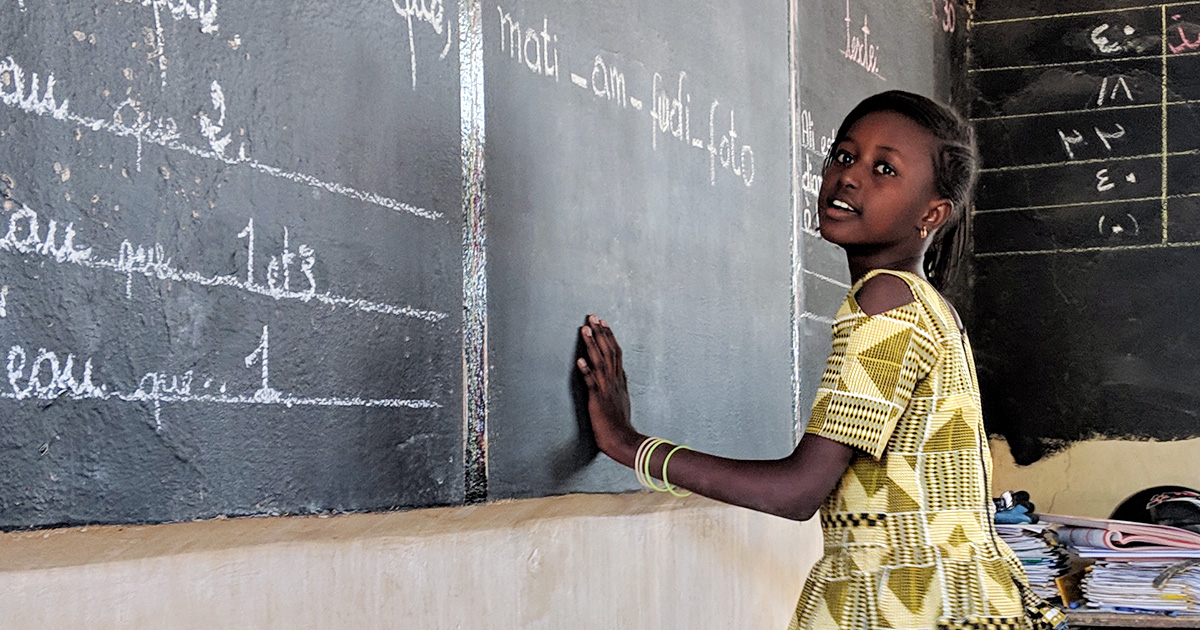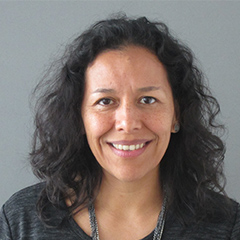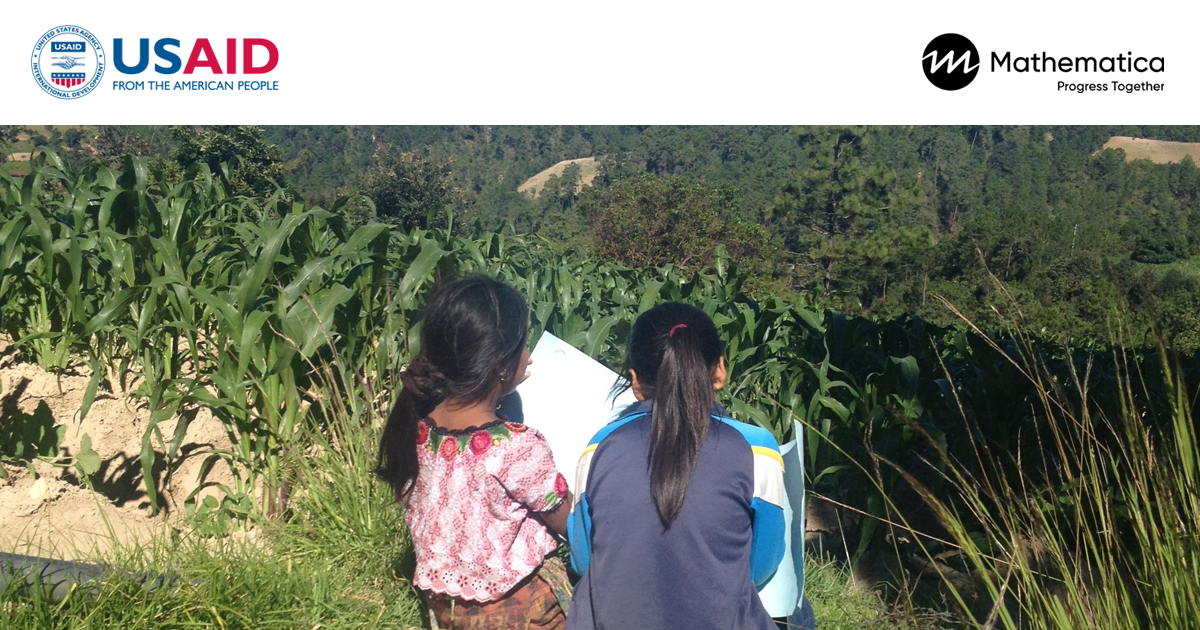The COVID-19 pandemic has highlighted significant shortcomings in education systems worldwide and amplified long-standing inequities. School closures in more than 190 countries interrupted conventional in-person schooling, and students experienced a marked reduction in learning levels or slower progress than expected in a typical year. These conditions disproportionately affected disadvantaged children who lack opportunities to access remote learning.
It is critical for researchers to work with policymakers to reframe existing research projects and ask new questions to identify what works to support vulnerable student populations to continue learning in this new context. Mathematica’s work to adapt two recent projects could shed light on how to achieve these goals.
As part of the Rapid Feedback Monitoring, Evaluation, Research and Learning consortium, we worked with Chemonics and the United States Agency for International Development to implement and evaluate Lecture Pour Tous, an early-grade reading program in Senegal. After schools reopened for in-person instruction during the 2020–2021 school year, Lecture Pour Tous piloted three models of teacher coaching to determine which one had the highest impact and was best suited for future use. The models provided useful information about how to best support teachers in-person and virtually, and the pandemic highlighted the importance of supporting teachers to continue professional development when in-person trainings are limited. Chemonics and USAID wanted to learn more about barriers and facilitators of the new approach to remote teacher training implemented because of COVID-19, so we added new qualitative research to the study. We adapted our data collection techniques to respond to both sets of research questions, adding the capacity to remotely collect data during the pandemic. In addition, we conducted virtual discussions with Chemonics and USAID to highlight lessons learned and ensure new insights would continually improve the program as they worked with the Ministry of Education.
Although Lecture Pour Tous and other programs supported by international donors adapted operations to continue working during the pandemic, many were discontinued, likely affecting the trajectories of children’s reading skills and disrupting ongoing evaluation studies of those programs. COVID-19 has had an impact not only on how we conduct evaluation studies, but also on the type of research questions we ask. This led us to modify our approach to the long-term impact evaluation (LTIE) of the USAID-funded Amazonia Lee reading intervention.
Amazonia Lee sought to improve early-grade reading performance and address learning gaps in two Amazonian regions in Peru. Mathematica conducted an impact evaluation between 2015 and 2016 focused on reading outcomes for 2nd graders, which showed promising results. Subsequently, USAID funded a mixed-method LTIE to examine the long-term impacts of its investment. However, due to COVID-19 and prolonged school closures, we suspended a qualitative component of the study intended to explore the intervention’s programming and factors that contributed to its sustainability. The school closures and limited opportunities for virtual instruction for students in the Amazon made the qualitative research questions on sustainability for the LTIE largely obsolete. Because in-person learning might no longer be the standard mode of instruction in the intervention area, we modified the qualitative design to study other learning strategies under consideration in Peru. We will work with stakeholders in Peru to identify their learning needs and adapt the original research questions to help inform the Ministry of Education and donors about how to support instruction during the pandemic.
The pandemic’s full impact on responsive and equitable education remains uncertain, but policymakers and researchers should work together now to identify how to help children in low-resource settings continue developing their literacy skills. More than 90 percent of the world’s education ministries adopted remote learning policies during the pandemic; however, 1.3 billion school-age girls and boys (ages 3 to 17) do not have internet access at home. Although some places offer radio, television, digital, and app-based learning programs and other mass media alternatives for parents and caregivers, many children in the poorest and hardest-to-reach areas have no access to these options. In addition, many of their caregivers and teachers are not prepared to support remote learning.
This International Literacy Day, we focus on the need to identify approaches that will ensure access to education for all. Researchers, implementers, policymakers, and government ministries play an important role in testing and adapting solutions that address critical issues of access to technology, connectivity, and outreach to caregivers and parents. These entities must come together to identify ways to help vulnerable populations recover from learning loss suffered during the pandemic, and support teachers, parents, and caregivers to ensure learning can continue when traditional in-person learning is interrupted.





